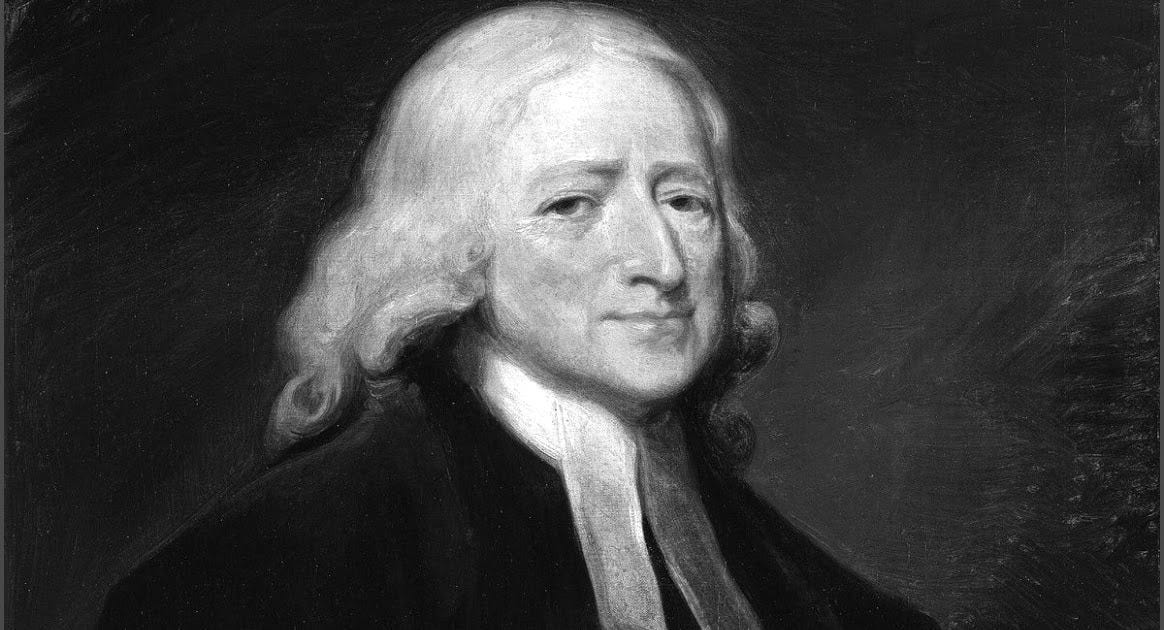Moving Beyond “The Bible Says So”
A practical introduction to the theology tool that saved my faith

You know that feeling when you're scrolling through social media at 12:30 AM, questioning everything you thought you believed, while simultaneously craving another episode of The Great British Baking Show? Yeah, that was me about five years ago. Except instead of thinking about pastry dough, I was having an existential crisis about Christianity.
I'd hit that wall where faith felt like a multiple-choice test with only two terrible options: A) Continue to quote bible verses that I wasn’t totally confident in, or B) Throw it all away and consider myself “spiritual but not religious.” I simply had too many questions and not enough answers.
To be honest, neither felt right. And both felt exhausting.
The Random Office Conversation That Changed Everything
I was the senior pastor of a non-denominational church in Iowa when it happened. Just a regular Monday or Tuesday afternoon in the office (…



